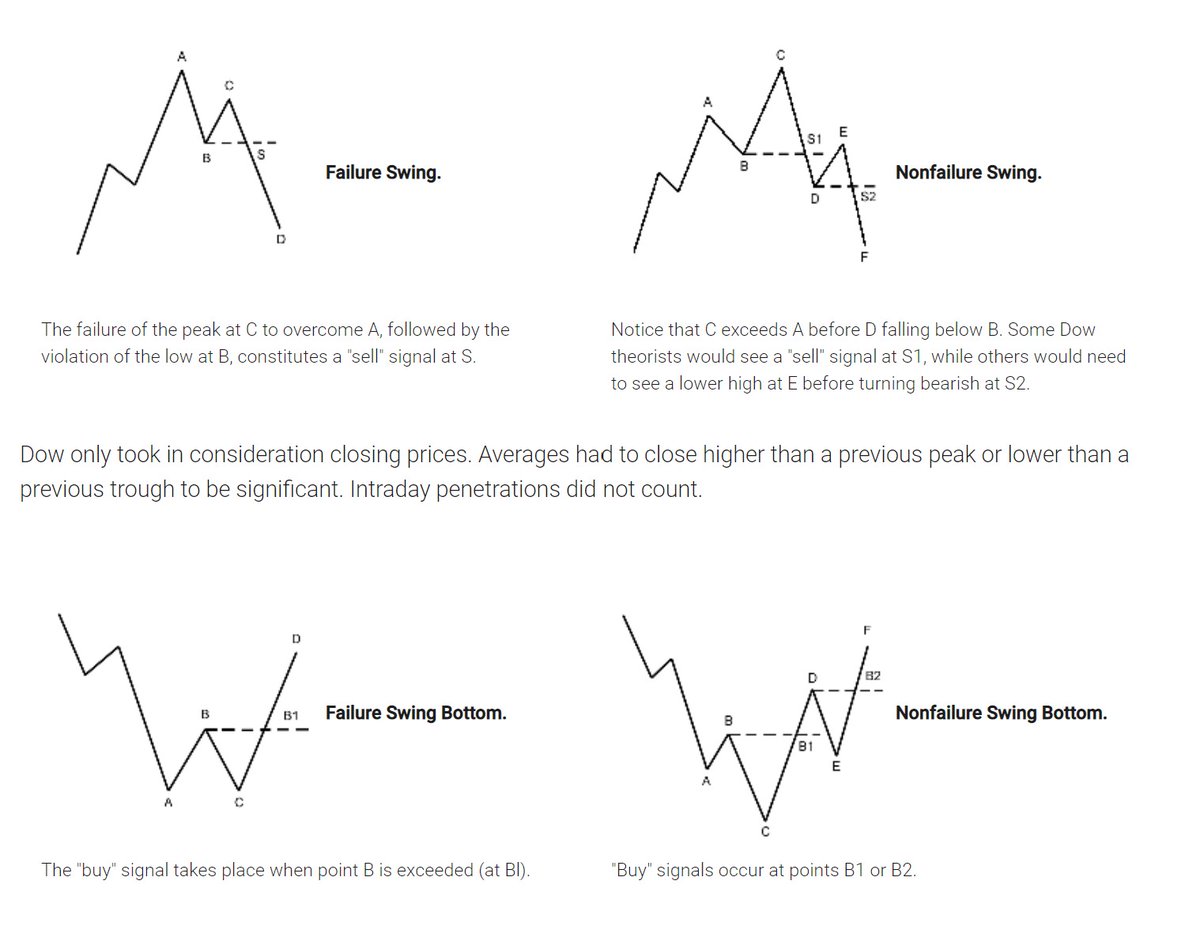Here are 1297 verified Scholarships for year 2021
Search here: https://t.co/3AHhW7RUfK
Follow @Okpala_IU for more
Watch other videos on IGTV: https://t.co/0bLzGy0Oo9
If you are submitting a MS/PhD application for admission in the USA, this is for you.
— Ifeanyi Okpala (@Okpala_IU) June 23, 2020
Today, I am going to share one tip associated with the \u201cLetters of Recommendation\u201d required, which I think can make a lot of difference.
- Guiding your Recommenders on Information
Thread pic.twitter.com/uxPHB0W0Su
This beautiful sunday morning, I am going to attempt to demystify a very important issue candidates face when applying to MS/PhD programs in the USA!
— Ifeanyi Okpala (@Okpala_IU) May 17, 2020
Here is WHY and HOW to email Professors (faculty members) before applying to a particular School
- For funding?
.
.
Thread
_
RT pic.twitter.com/FozP0UotSb
Good Morning,
— Ifeanyi Okpala (@Okpala_IU) November 12, 2020
Today, I am going to teach you everything you need to know about applying for admission into undergraduate, Master or/and PhD programs in Universities in Sweden\U0001f1f8\U0001f1ea with FULL SCHOLARSHIP.
\u2022 Application Process
\u2022 Deadlines
\u2022 Effective Tips
A Thread
RT for others pic.twitter.com/NI9uFtgoxd
Friday Way!
— Ifeanyi Okpala (@Okpala_IU) November 13, 2020
Today, I am going to teach you everything you need to know about applying for admission into undergraduate and Graduate programs in Australian \U0001f1e6\U0001f1fa Universities with FULL SCHOLARSHIP.
\u2022 Application Process
\u2022 Deadlines
\u2022 Effective Tips
A Thread
RT for others pic.twitter.com/rfHgmYxhUF
Good Morning,
— Ifeanyi Okpala (@Okpala_IU) November 10, 2020
As promised, I am going to teach you everything you need to know about applying for admission into undergraduate, Master or/and PhD programs in Universities in France with FULL SCHOLARSHIP.
\u2022 Process
\u2022 STEM & Non-STEM
\u2022 Deadlines
\u2022 Effective Tips
A Thread pic.twitter.com/vMXL3rvffD
Good Morning,
— Ifeanyi Okpala (@Okpala_IU) November 11, 2020
Today, I am going to teach you everything you need to know about applying for admission into undergraduate, Master or/and PhD programs in Universities in Germany\U0001f1e9\U0001f1ea with FULL SCHOLARSHIP.
\u2022 Application Process
\u2022 Deadlines
\u2022 Effective Tips
A Thread pic.twitter.com/Mvhm96efOM
Happy Weekend,
— Ifeanyi Okpala (@Okpala_IU) November 14, 2020
Today, I am going to share some quick facts about applying for admission into undergraduate, Master or/and PhD programs in Universities in China \U0001f1e8\U0001f1f3.
\u2022 Application Process
\u2022 Scholarships
A Thread
RT for others pic.twitter.com/zSInECNIGh
Why is it such a source of collective outrage that a person with fatigue following a viral illness gets better?https://t.co/5lcwQBPLU5
— Trisha Greenhalgh \U0001f637 #CovidIsAirborne (@trishgreenhalgh) January 30, 2021
Have you registered for IMHA's next webinar on Long-COVID? Guest speaker Professor Trisha Greenhalgh.
— CIHR-IMHA Community (@CIHR_IMHA) January 12, 2021
When? Tomorrow: *Jan 13th.* 12pm ET
A few spots are left, but going fast!
Registration required: https://t.co/T4PbWNA35Y@KarimKhan_IMHA @CIHR_IRSC @trishgreenhalgh pic.twitter.com/xlWKi4QKF1

Old is Gold....
— Professor (@DillikiBiili) January 23, 2020
this Bharti Airtel chart is a true copy of the Wyckoff Pattern propounded in 1931....... pic.twitter.com/tQ1PNebq7d